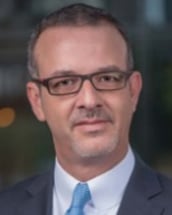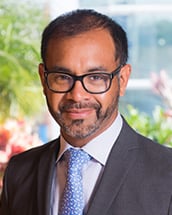On September 28, 2020, the National Office of the Superintendent of Securities (“SUNAVAL”) issued administrative guidelines under which it authorized the company Bolsa Descentralizada de Valores de Venezuela, S.A. (“BDVE”) to act as a decentralized stock exchange for 90 days (i.e., until 28 December 2020) (“Guidelines”). It also authorized (i) the registration of BDVE in the National Securities Registry, and (ii) the regulations and operating manual of BDVE.
The BDVE website indicates that it is an exchange connected to the Decentralized System of Encrypted Markets, which is a set of digital contracts that make up the BDVE trading platform, and can negotiate financial assets in a decentralized form, saving intermediation and custody costs. Users can access the exchange from anywhere without restrictions, thanks to a peer-to-peer (“P2P”) negotiation. Therefore, anyone from any country can invest in Venezuela.
The processes carried out on the BDVE platform are: (i) primary placement, through the public offering of securities previously authorized by SUNAVAL; (ii) negotiation in the secondary market, through which participants can buy and sell securities and contracts and (iii) transfer, custody and settlement of securities.
The Guidelines state that the decentralized electronic stock exchange allows free and direct access to all participants in the negotiation of securities or through electronic exchange positions in a continuous and orderly form of (i) shares issued by companies (including small and medium-sized companies) and financial derivatives on shares; (ii) debt securities, such as debentures, commercial paper, promissory notes, participation certificates and other debt securities authorized by SUNAVAL; (iii) securities and contracts that represent raw materials and agricultural products authorized by the respective laws; and (iv) property contracts for inputs or services related to the construction sector.
The platform allows the securities custody process to be individual and public, with a 24/7 trading system available. BDVE must make public the information of operations and online transactions in real and efficient time, through its website, mobile applications and social networks, and must facilitate stock market training in a form that is accessible to all interested parties.
To participate in BDVE, individuals and legal entities must register on the platform by submitting the required information and documents. Users can make cryptocurrencies offers in the P2P secondary market, with certain limitations established in the BDVE operating manual. BDVE’s website states that commissions are 0% for fiat purchases and 0.1% for purchases made through alternative digital assets.


